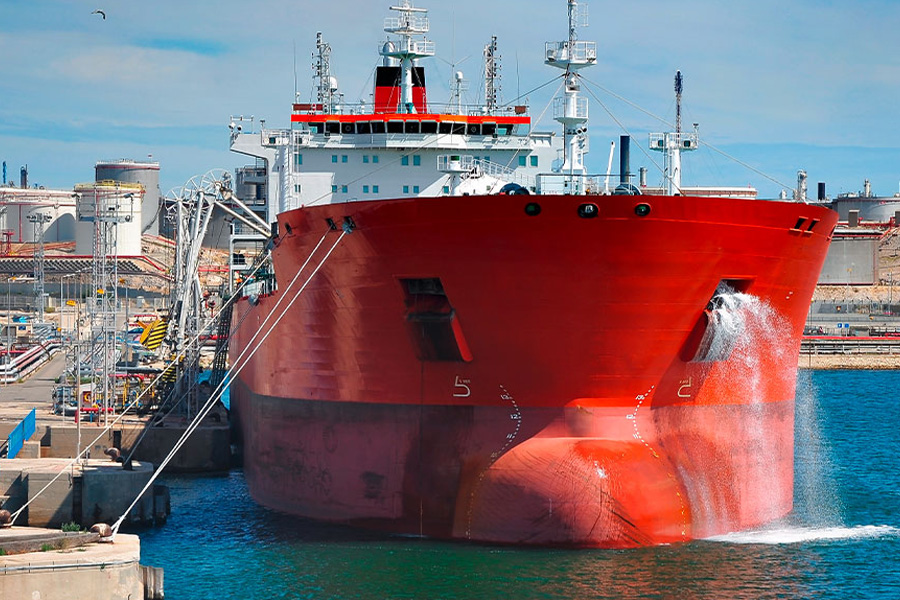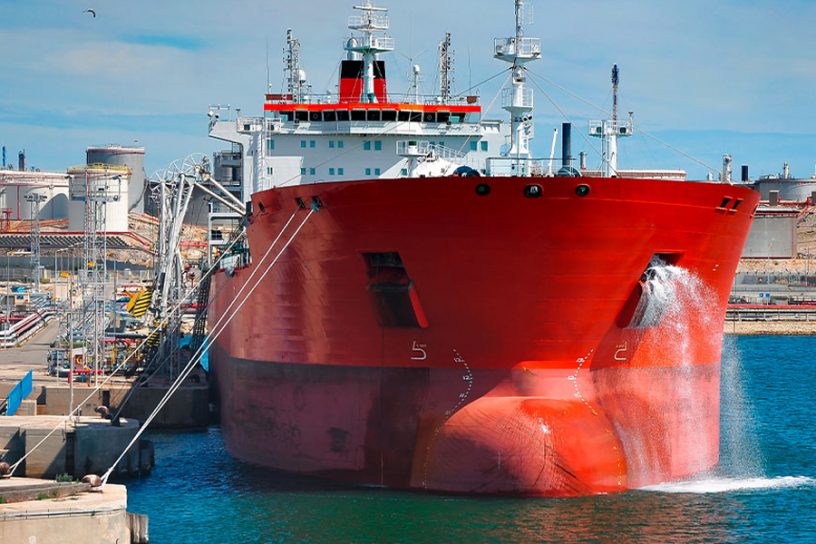
The researchers have developed a mathematical model based on Laplace equation to analyze the six different modes (surge, sway, heave, roll, pitch, and yaw) of the moored ship motion under resonance conditions utilizing the 3-D boundary element method (BEM).
Authors
Gulshan, Department of Applied Sciences, National Institute of Technology Delhi, India.
Prashant Kumar, Department of Applied Sciences, National Institute of Technology Delhi, Delhi, India.
Rajni, Associate Professor, Jindal Global Business School, O.P Jindal Global University, Sonepat, Haryana, India.
Summary
Loading and unloading of moored ship is difficult task during the extreme wave oscillation in a port during the seasonal weather conditions. Therefore, a mathematical model is developed based on Laplace equation to analyze the six different modes (surge, sway, heave, roll, pitch, and yaw) of the moored ship motion under resonance conditions utilizing the 3-D boundary element method (BEM). The domain of interest is divided as bounded (port region), unbounded (open sea) and ship region.
The equation of motion with six degree of freedom is solved to analyze the moored ship motions with variable water depth. The present numerical scheme is validated with existing well-known studies. The current numerical model is implemented on realistic Paradip port to determine the resonance frequency for the moored ship motion at key location. In additional, the wave field with different resonance modes is also estimated inside the Paradip port. The safe locations inside the Paradip port are identified for the moored ships under the resonance conditions.
Published in: Journal of Marine Science and Technology
To read the full article, please click here.


